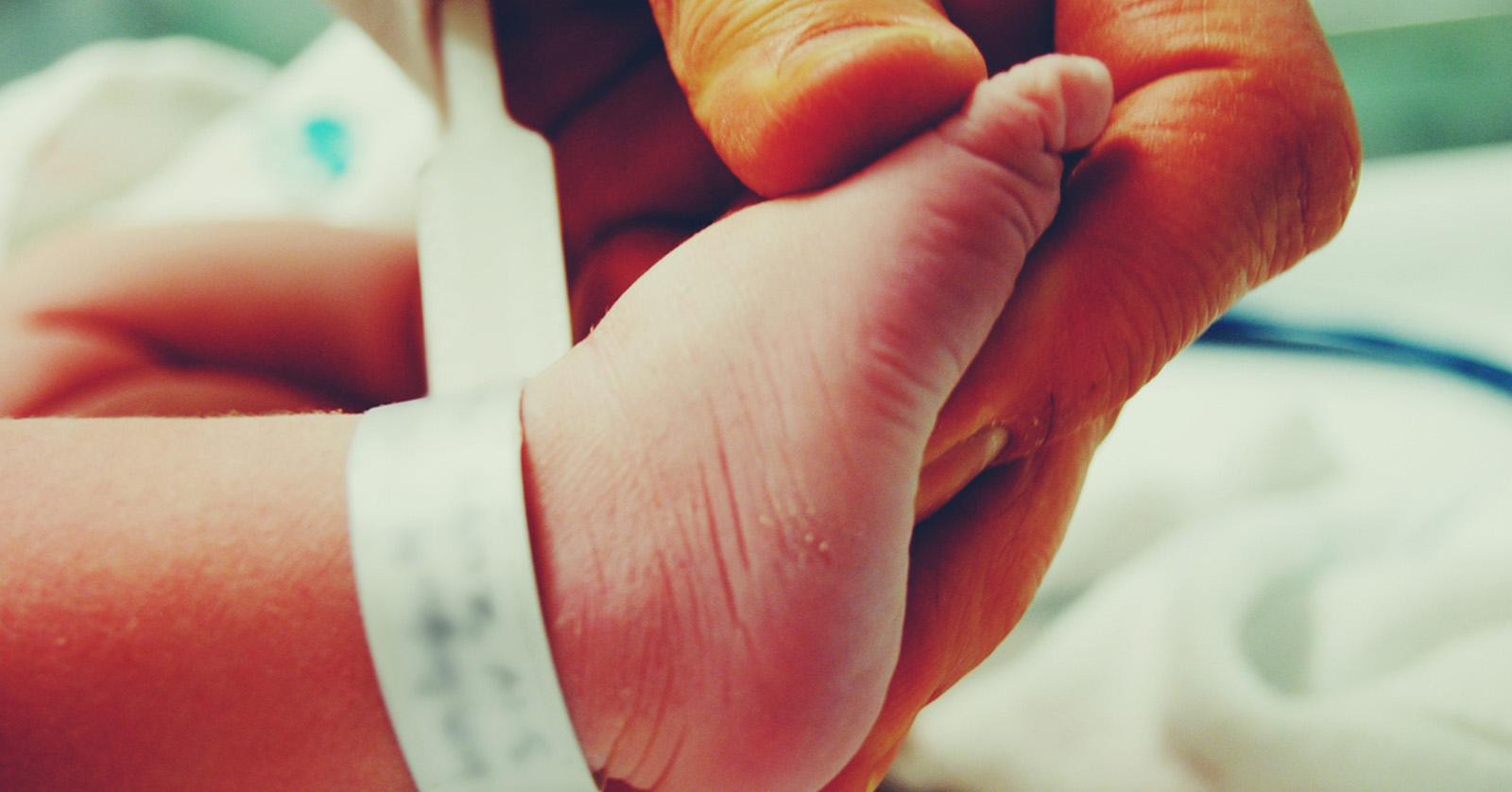
Newborns undergoing withdrawal after opioid exposure in the womb were more likely than non-opioid-exposed infants to be readmitted to the hospital within 90 days of discharge, according to a study funded in part by NIH’s Eunice Kennedy Shriver National Institute of Child Health and Human Development (NICHD). Opioid-exposed infants were more likely to be readmitted for all causes evaluated in the study, including trauma and maltreatment. The authors wrote the high readmission rate may result from parents’ stress of caring for an opioid-exposed infant while experiencing a substance abuse disorder themselves. They concluded that the findings underscore the need for substance abuse treatment and support for parents.
The study was conducted by Julie R. Gaither, Ph.D., of the Yale School of Medicine, and colleagues. It appears in JAMA Network Open.
Background
Newborns exposed to opioids in the womb are at risk for a condition called neonatal opioid withdrawal syndrome (NOWS). Symptoms can include tremors, excessive crying, irritability, and problems with sleeping, feeding, and breathing. Infants with NOWS who are born at term stay in the hospital for an average of nine days longer than healthy infants without NOWS. Previous studies suggest that infants with NOWS are likely to have health complications after hospital discharge. However, few studies have been conducted on the likelihood and causes of their readmission to the hospital.
Results
For the current study, researchers analyzed a database containing a nationally representative sample of hospital discharge and readmission records. The researchers checked the records of nearly 14 million infants to identify those readmitted to the hospital within 90 days. A total of 3,693 infants with NOWS and 408,627 infants without NOWS were readmitted.
Readmission for all causes was 4.2% for infants with NOWS, compared to 3% for those without NOWS. Infants with NOWS were also 1.18 times more likely to be readmitted for any cause, 1.58 times more likely to be admitted for seizures, and nearly twice as likely to be readmitted for failure to thrive (i.e., inadequate growth and weight gain). They were also nearly 3 times more likely to be readmitted for traumatic brain injury and nearly 4 times more likely to be readmitted for skull fracture.
Moreover, infants with NOWS were 14 times more likely to have received a diagnosis of confirmed maltreatment related to neglect.
Significance
The authors wrote that their findings highlight the need for enhanced support of medical and welfare services for families of NOWS infants after hospital discharge. In particular, parents might benefit from substance use treatment and parenting support.
Reference
Gaither, JR, et al. Hospital readmissions among infants with neonatal opioid withdrawal syndrome. JAMA Network Open. 2024.

 BACK TO TOP
BACK TO TOP